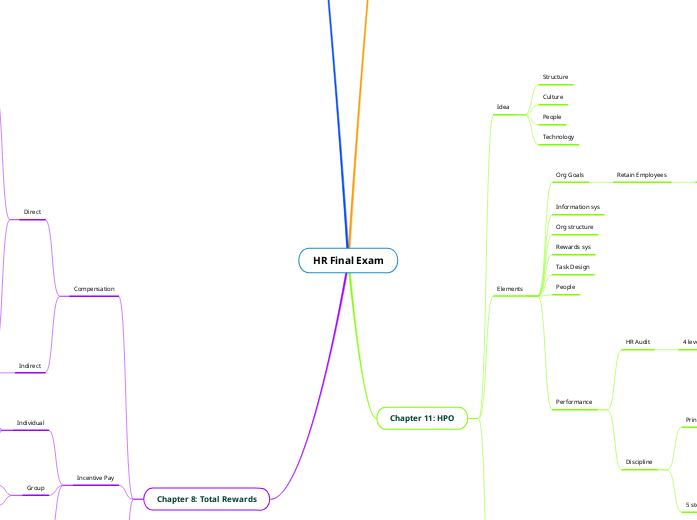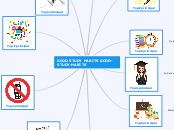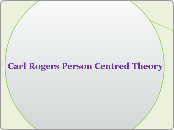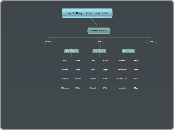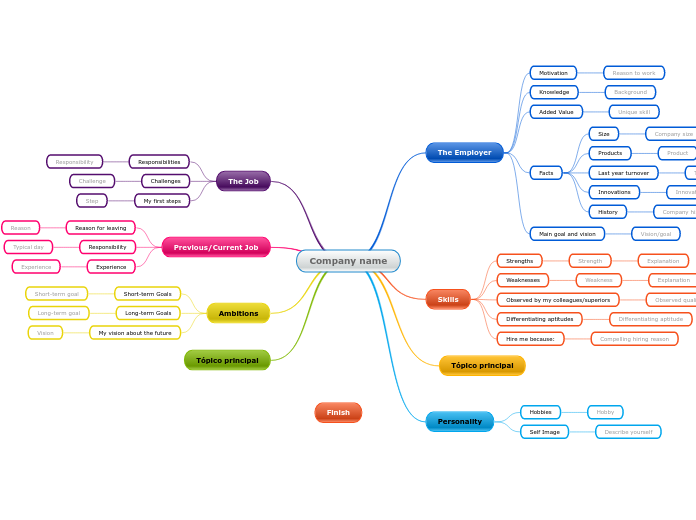par Bianca Dudenhoffer Il y a 3 années
206
HR Final Exam
Effective management of employee performance is crucial for organizational success. Key areas include setting clear goals that align with organizational objectives and individual employee aspirations, as well as addressing performance gaps and providing necessary support.
